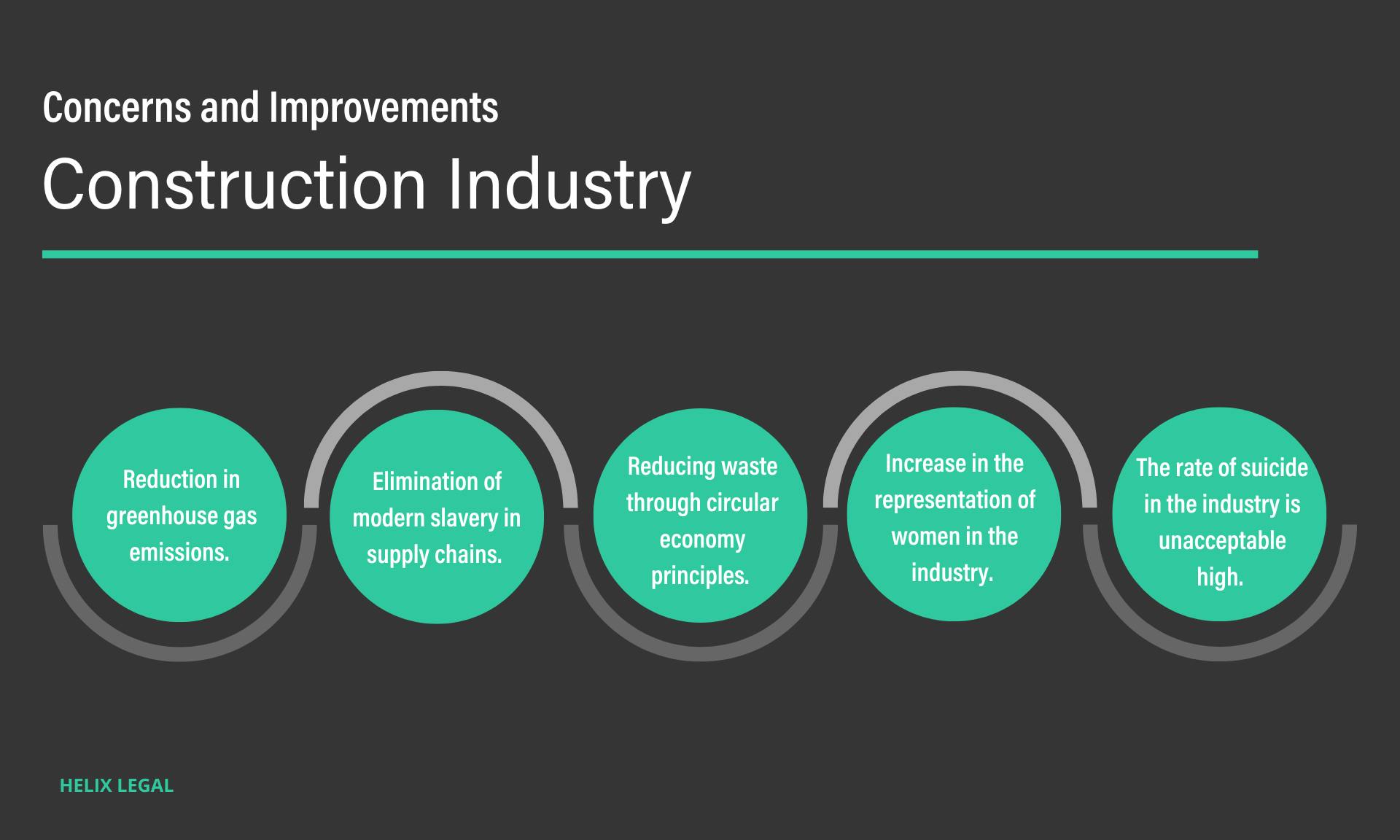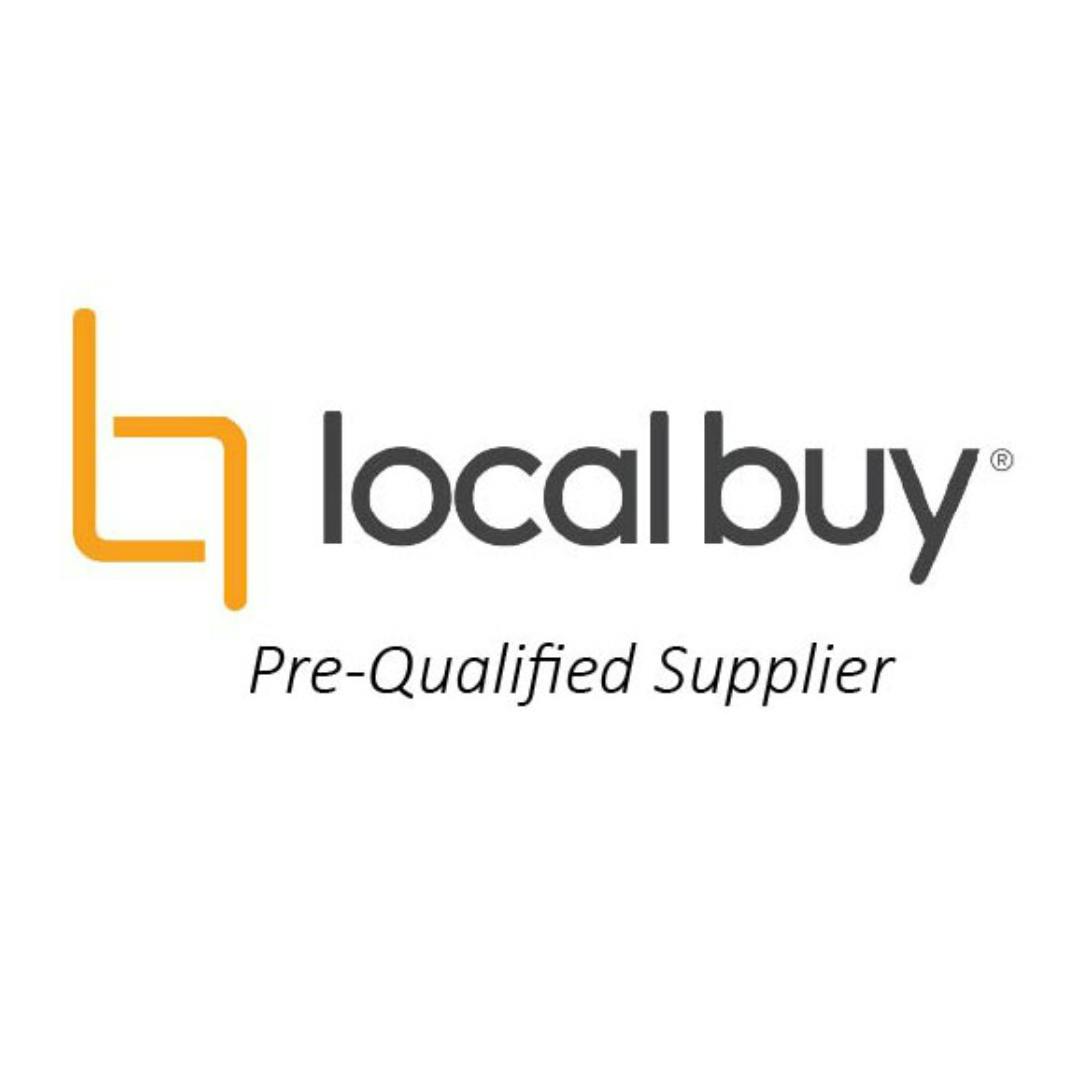If the construction industry cannot be honest about its past, it will spoil its future.
At the outset, I am writing this article in the same way I will be speaking in our new podcast. Emily Taylor and I will be hosting a new series commencing February 2023.
I hope that the tone of this article, while respectful, gives readers an insight into how committed and passionate I am regarding certain industry matters. As a general comment, there is one thing that amazes me. Those who, in all other aspects are very intelligent, decline to honestly ‘scorecard’ the past performance of their business or the industry they work in. Looking at past performance of a business or industry is a wonderful opportunity to become a better business or industry. Even if certain aspects are awful.
In some aspects of our society, we do this very well. Our best sporting coaches understand the importance of learning from bad results. I assume this is no surprise given the love Aussie’s have for sports (a huge, multifaceted industry). I would like a dollar for every time I have heard an astute sporting coach say ‘you learn more from your losses than your wins’.
This is a very mature approach to looking at a bad result and learning from it.
Let’s talk about the construction industry and its past.
If the construction industry cannot be honest about its past, it will spoil its future.
The construction industry comprises overwhelmingly of good, decent, hard-working people. In Queensland alone, approximately 230,000 people are employed within the industry.
Furthermore, as stated in a publication by the Australian Contractors Association titled Credit where credit’s due Improving security of payment and liquidity in the construction industry, it states:
“A healthy construction industry is vitally important for the Australian economy. It is the country’s third largest industry, employing 1 in 10 people, and contributing to 8 per cent of GDP. Nearly 450,000 businesses operate in Australia’s construction industry, accounting for 17 per cent of all firms in the economy.”
I could go on and on about all the great things the industry has done. I unashamedly love this industry.
However, if the industry is to prosper, we need to talk about the things it has a poor record of. This will assist in the process of being an agent for making our society more equitable and sustainable. We need to do this for the benefit of all participants in the industry.
The use of platitudes and clichés concerning serious industry issues is irritating. Especially when there are no solutions or actions plans identified at the same time. At worst, such platitudes and clichés are non-productive thought bubbles. If repeated enough times by industry participants and observers, it can be a distraction to finding timely and meaningful solutions to these issues.
In my article Platitudes and clichés will not solve construction industry issues, I outlined 25 irritating platitudes and cliché. In my follow-up article ‘Contractors should mitigate all major risks. Insolvency is #1‘, I comment on my number one cliché, namely:
Governments (Federal, State, and local) must step in and fix problems with new laws, codes, policies, incentives etc.
In the article, I pitch the view that contractors should primarily focus on doing things they can control. This is important when addressing issues impacting their business. What governments do or don’t do to address an issue is largely outside the control of contractors. Furthermore, governments cannot solve all these issues. Even when they may make an impact with regulatory action, it can take years for anything to be enacted. The roll-out of statutory trusts in the QLD construction industry is an example.
The Discussion Paper on 17 December 2015 flag this initiative as a possible solution. Putting aside whether this initiative will be effective in addressing SOP for subcontractors, it was a proposed solution.
I was concerned about delays in implementing a new trusts regime back in February 2019. I highlight this in my article titled SOP reforms suffer as a result of protracted process and lack of vision.
It’s has been almost four years since I published that article and a Statutory Trusts regime is still not fully implemented.
Where has the construction industry underperformed?
There is no doubt that the industry is taking strides (some giant) to improve its performance regarding certain matters.
However, to appreciate how much the industry has improved, it needs to acknowledge its performance to date. The industry should establish reasons as to why there is an inability to significantly improve its performance in certain targeted areas.
Just ‘treading water’ addressing these matters is not acceptable in 2022.
Should something that is shown to not have worked be scrapped as a solution entirely?
As Albert Einstein said:
“The definition of insanity is doing the same thing over and over and expecting different results”.
According to the Clean Energy Finance Corporation, up to 10% of our greenhouse gas emissions come from embodied carbon. 28% of emissions come from the industry globally. Some industry matters that continue to concern me, even though in all instances improvements are happening, are:

This is not an exhaustive list of such matters.
Watch this space!
As I indicated earlier in this article, commencing in February 2023, along with my friend Emily Taylor, we will be hosting a new Helix Podcast series.

This podcast series will most definitely be platitude and cliché free!
We will develop our podcasts around platitudes and clichés and have people talk about real and achievable solutions. Emily and I will call out any attempt by guests to leave a talking point with a platitude or cliché, respectfully!!
We already have some people lined up but if anybody wants to feature in this series, please reach out to our team.
Finally, while the issues we will be talking about are very serious, this podcast series should be seen as an opportunity for industry participants to demonstrate that they are capable of ‘walking the talk’ when grappling with finding meaningful solutions to serious industry issues.
We will be announcing the start of the podcast next year on our Helix Legal LinkedIn, Facebook and Instagram page. Be sure to follow our socials or subscribe to our newsletter to be the first to hear when the podcast is launching.
Not intended as legal advice. Read full disclaimer.


